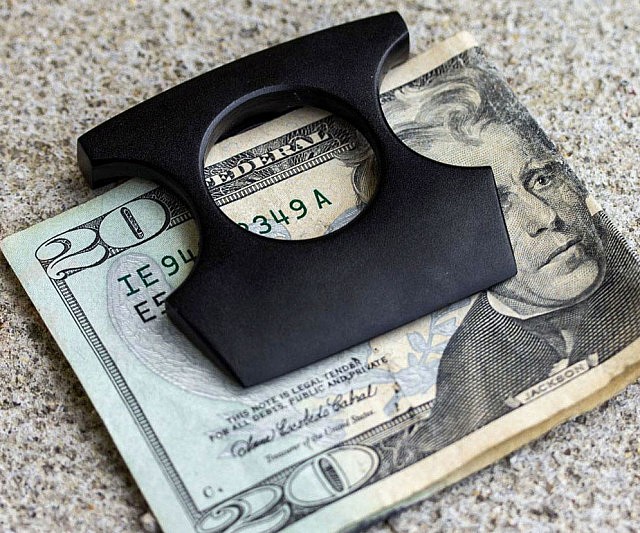‘Dollar deals’ rattle retail sector
Feeling the pressure exerted by fast-growing “dollar deals” informal entrepreneurs who are accused of creating a whole new spat of “dangerously unhealthy competition”, some major retail outlets are also joining the trend as part of survival strategies.
The big players are acknowledging that consumers are increasingly looking for more affordable and convenient shopping options. Those options are now largely found at “dollar deals” outlets.
Most buildings in the central business districts of cities and towns are now being converted into small cubicles, which are then leased out to interested occupants who cannot afford large spaces, hence the partitioning of formerly large premises into smaller units.
The model buttresses the growing trend of shopping malls whose sizes differ depending on the location.
Shoppers have now become accustomed to glass partitioning as evidenced by how they frequent the shops each passing day as they are easily the preferred shopping areas as they cater to a variety of budgets.
However, they are of the view that some in the informal sector are using the regulated bank exchange rate yet others are not thereby causing artificial or distorted prices.
In its financials to June 30, 2023, Botswana Stock Exchange (BSE)-listed supermarket group, Choppies which operates 33 stores locally, said
“Zimbabwean consumers are increasingly looking for more affordable and convenient shopping options.”
The development has impacted on its margins with the Zimbabwe unit EBITDA down 108,1 percent to BWP3 million.
“Consumers have significantly shifted to shopping at smaller stores and from formal retailers because smaller outlets are able to operate with lower overhead costs, which allows them to offer lower prices to consumers and better exchange rates that are not necessarily compliant with exchange laws,” reads part of the report.
“The group noted that the country’s economy is now largely dollarized, and this leads to high demand for the United States dollar as most people are paid in Zimbabwean dollars.
“We are closely monitoring the exchange rate as it will impact both Zimbabwe’s and the group’s profitability and net asset value.”
The formal retailers who are now battling for survival, are also joining the ‘dollar deals’ craze.
For instance OK Zimbabwe in a statement said in the past months, it has come up with “incredible dollar deals” noting that “the group has successfully emerged as a leader in this US$1 revolution.”
“With these dollar deals, OK targets to ensure as many customers can access products at the least cost while retaining the power in their hands. They have different products and combos underlined by the “Dollar Deals” across their store brands, that is OK stores, Bon Marche, OK Mart and Food
Lovers Market (Avondale, Borrowdale and Bradfield in Bulawayo),” reads part of the statement.
OK Zimbabwe added that the rise of the unregulated informal operators who are mostly arbitraging has caused more headaches than good for the formal players such as TM PnP, Gain Cash & Carry and so many more.
“ This has created a whole new spat of ‘dangerously unhealthy’ competition. In instances where some are paying taxes, some are not, where some are using the regulated bank exchange rate, some are not hence causing artificial or distorted price points in the stores. The informal retailer is infamously, using the black-market rate and marks the same products downwards causing ‘forced death’ on the formal retailer.”
It said Government policy intervention which levels the playing field to enable the formal retailer to survive can restore sanity in the sector.
“The dangers are apparent as some have even started closing shop, some are under corporate rescue and many jobs are going to inevitably be lost,” added OK Zimbabwe.
Last week, the Minister of Industry and Commerce Dr Sithembiso Nyoni said the retail and wholesale sector is this year projected to grow to US$5,2 billion from the current US$4,1 billion on the back of increased branch networks and increased shop density.
She said the vibrant retail and wholesale sector plays an important role as the country continues to develop economically and strives to provide essential goods and services to all consumers in line with the objective of achieving a Prosperous and Empowered Upper Middle Income Society by 2030.
The commerce sector, consisting of the Wholesale and Retail trade, accounts for 16,9 percent of the gross domestic product and employs a labour force of 68 300 people. Bulawayo City Council economic development officer Mr Kholisani Moyo said there is a need to restore sanity in the distribution chain noting that there is a distortion as some pockets of the manufacturing sector are now selling directly to final users excluding wholesalers and retailers.-chronicle











